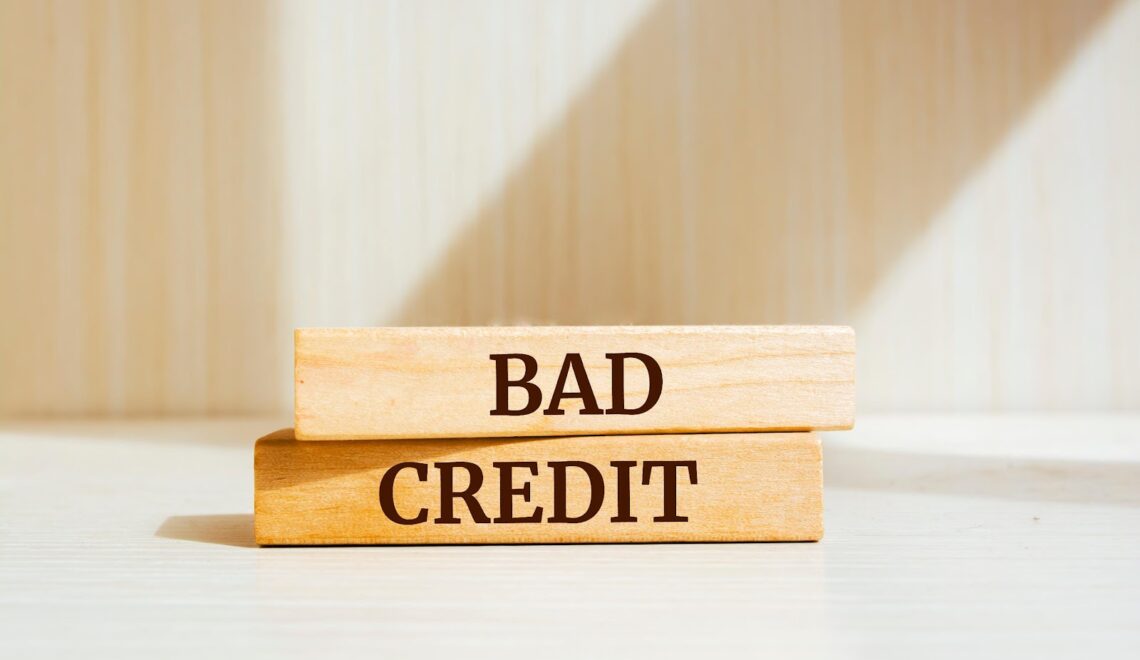
For many small business owners, quick access to money without a credit check sounds like a lifesaver. Traditional lenders can take weeks, and if your credit score isn’t great, you may not even make it past the application stage. That’s why business funding with no credit check has become a go-to for entrepreneurs who can’t afford to wait or can’t qualify through traditional means.
But there’s a flip side. While these financing options, like merchant cash advances, invoice factoring, and certain microloans, skip the credit inquiry, they come with real risks that can affect your cash flow, profitability, and long-term growth.
Here’s a look at the key dangers you should know before you get business funding with no credit check.
Why Owners Choose No Credit Check Funding
Not every business owner has the time or the credit history to go through a bank loan process. Maybe your business is young, your credit score is low, or you’ve had a bad year financially. In those cases, small business funding with no credit check seems like a quick solution.
Industries that run on seasonal revenue, such as landscaping, hospitality, and retail, often rely on these options. Speed is the main attraction: approval can come in hours, not days, and funding can hit your account almost immediately. The trade-off is that lenders take on more risk, and they make sure you pay for it.
Risk 1: Higher Interest Rates
The cost is the most obvious risk. Lenders who offer business funding with no credit check, do not have the safety net of your credit history. To protect themselves from the risk, they tend to charge higher interest rates that make borrowing more expensive than traditional loans.
Risk 2: Short Repayment Terms
The next on the list is the repayment duration. Often business that get funded with no credit check arrangements require to repay in just a few months. Some funding options, like MCAs or revenue-based financing, demand daily or weekly payments directly from your sales.
Risk 3: Potential for Cash Flow Strain
High, frequent payments are more than just inconvenient. They can disrupt your ability to cover other expenses. Imagine taking out small business funding with no credit check to buy inventory, only to find that the repayment schedule leaves you short on payroll money.
Cash flow strain is one of the most common reasons short-term financing ends badly. When you dedicate a large slice of daily sales to debt repayment, even small revenue dips can push you toward another loan just to stay afloat. The U.S. Chamber of Commerce warns that constant borrowing to cover existing loans is a fast track to long-term debt problems.
Risk 4: Hidden Fees and Charges
With speed often comes complexity in pricing. Some business funding with no credit check products include fees that aren’t obvious in the marketing pitch, like origination fees, processing charges, early repayment penalties, and administrative costs.
Because factor rates are not the same as annual percentage rates (APR), the true cost of borrowing can be hard to compare. Unless you read the contract closely and ask direct questions, you might agree to terms that cost far more than expected.
Risk 5: May Not Help Build Credit
One overlooked drawback is that many no-credit-check lenders don’t report your repayment history to major credit bureaus. This means that even if you repay on time, your credit score doesn’t improve.
That’s important because a good score can unlock lower-cost funding in the future. Without it, you may find yourself repeatedly needing to get loans with no credit check instead of qualifying for better terms elsewhere.
How to Reduce These Risks
If you decide to move forward, there are ways to make business funding with no credit check less risky:
- Shop around. Compare multiple lenders to see differences in rates, fees, and repayment schedules.
- Understand the total cost. Ask for the APR equivalent, not just the factor rate or flat fee.
- Use it for short-term needs only. These loans are best for covering immediate opportunities or emergencies, not long-term projects.
- Plan repayments carefully. Run projections for both your busiest and slowest months to make sure you can keep up.
- Work on your credit in parallel. Even if you rely on small business funding with no credit check now, building your credit opens the door to lower-cost financing later.
Conclusion
Business funding with no credit check can be a lifeline when traditional financing isn’t an option. It’s fast, accessible, and in certain circumstances, exactly what a business needs to seize an opportunity.
But it’s also expensive, often comes with short repayment terms, and may do nothing for your credit profile. If you rely on it too often, the costs can erode profits and weaken your financial position.
The smartest approach is to use these products sparingly and strategically. While you’re covering immediate needs with no-credit-check funding, work on building the financial health and credit score that will qualify you for better, cheaper loans in the future. That way, you’re not just solving today’s problem; you’re setting up tomorrow’s success.










